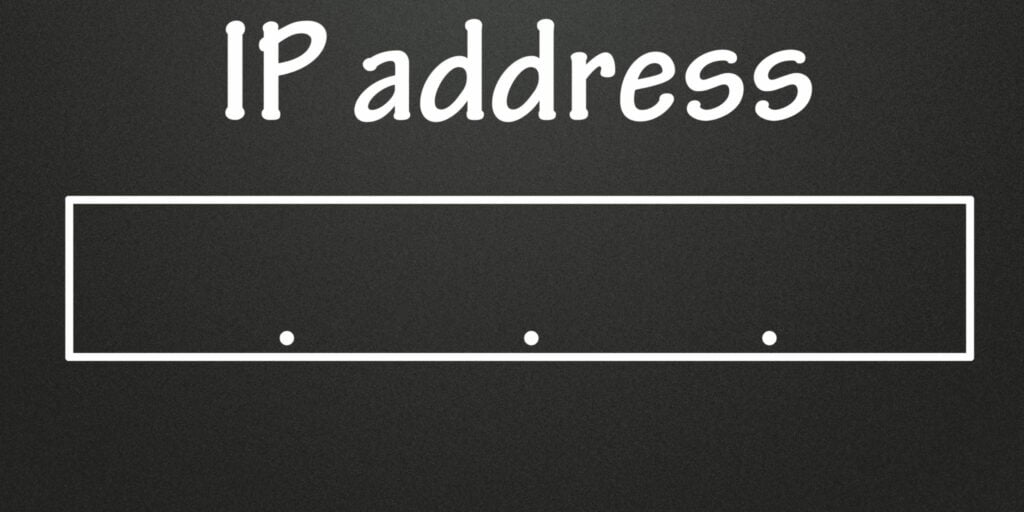An IP block is a range of IP addresses assigned to an organization or individual.
IP addresses are assigned to computers and other devices connected to the Internet to uniquely identify them.
When an organization or individual is assigned an IP block, they are given a range of addresses they can use. The size of an IP block can vary but is typically a /24, which contains 256 addresses.
Fun fact: An IP range is a set of IP addresses that are all within the same subnet. Each IP address in an IP range has the same first three octets, and the fourth octet is a number between 1 and 255.
IP blocks are typically assigned by an Internet service provider (ISP) but can also be assigned by a network administrator.
IP blocks can be used to create subnets, which can be used to group devices with similar characteristics. For example, all computers in a school’s computer lab could be placed in the same subnet.

IP blocks can also be used to restrict access to a network. For example, an organization may only want employees to be able to access certain resources. In this case, the organization would assign an IP block to the employees’ computers that only allows them to access the needed resources.
An IP block can also limit the number of devices connected to a network. For example, a home router typically has a /24 IP block. This means that only 256 devices can connect to the router.
IP blocks are a valuable tool for organizations and individuals that need to uniquely identify devices and limit access to a network.
The three main uses for IP blocks are:
1. To provide a unique identifier for devices on a network
2. To route traffic between devices on a network
3. To provide a level of security for devices on a network
The different classes of IP blocks are:
A-class IP blocks are the most common and most used. They are most often obtained from ISPs, like the ones listed below. They are normally used for home and small business networks.
B-class IP blocks are a range of IP addresses for organizations and businesses. They are typically used for static IP addresses or address assignments within an organization. A network administrator or an Internet service provider (ISP) usually assign B-class IP blocks.
C-class IP blocks are the least common and are often used by large businesses and organizations. They are difficult to obtain and often have strict requirements.
D-class IP blocks are reserved for experimental use; and
E-class IP blocks are reserved for research and development.

Looking for first class IPs?
Frequent IP bans are annoying. They slow you down and cost time.
IPBurger is the solution.
Whether you need rotating residential proxies or static ISP proxies, we have the highest-quality proxies that money can buy.
FAQs.
Are there any dangers associated with IP blocks?
There are a few potential dangers associated with IP ranges. One is that an attacker could use a range of IP addresses to try to brute force their way into a system. Another is that a range of IP addresses could be used to launch a denial of service attack.
What are the benefits of IP blocks?
There are many benefits to using IP ranges, including the ability to more easily identify, manage, monitor, and control access to devices on a network.
Will we run out of IP blocks?
Theoretically, yes. However, the American Registry for Internet Numbers (ARIN) has taken steps to ensure that this does not happen by implementing a “conservation policy.” This policy encourages the efficient use of IP addresses and helps to ensure that there are enough addresses for future growth.


